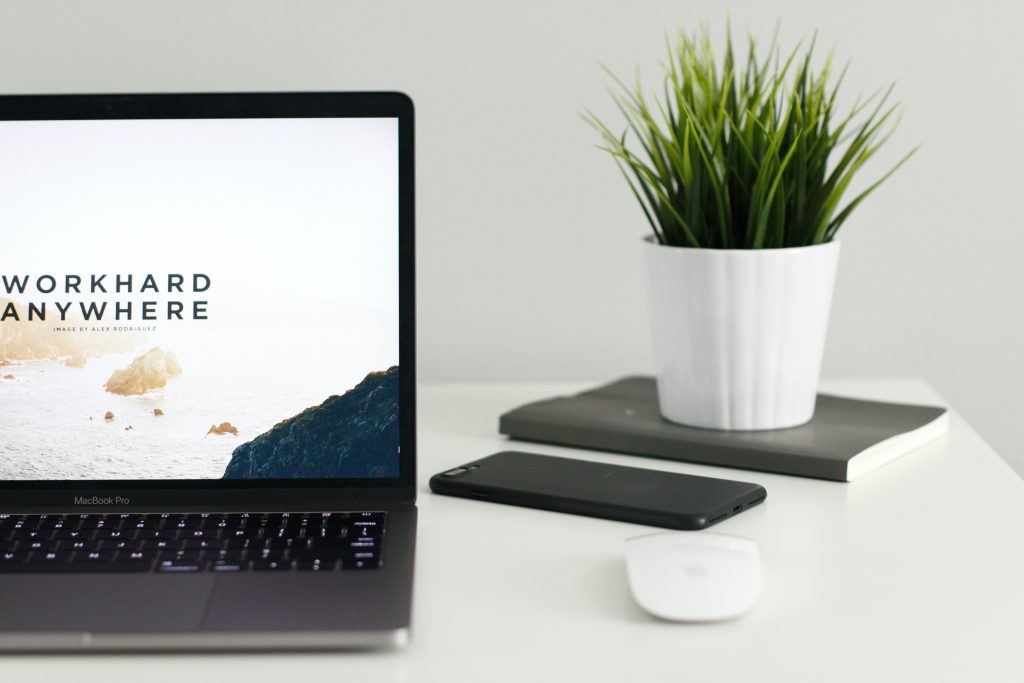Final exams are one of the most demanding aspects of college life. The sheer volume of material to rFinal exams are one of the most demanding aspects of college life. The sheer volume of material to review can feel overwhelming, making time management and efficient study habits essential. However, with the right strategies, you can improve your performance without experiencing burnout. This guide offers a structured approach to help you prepare for finals with confidence and efficiency. And if the pressure becomes too much, don’t hesitate to seek professional essay writing help to lighten your academic load and focus your energy where it’s needed most.
1. Plan Ahead: Develop a Study Schedule
Cramming the night before an exam is rarely an effective strategy. Instead, create a structured study schedule well in advance. Break down your subjects into manageable sections and allocate specific time slots for each. A well-organized timetable ensures you cover all topics without last-minute stress.
To enhance consistency, print out your study timetable and place it somewhere visible, such as your desk or wall. Seeing it regularly will help keep you accountable. If you miss a session, reschedule it promptly rather than skipping it altogether.
A good strategy is to dedicate more time to challenging subjects while still reviewing easier topics to reinforce what you already know. By planning ahead, you eliminate the chaos of last-minute cramming and allow yourself time to absorb information gradually.
2. Take Breaks: Study Smarter, Not Harder
Many students assume that long, uninterrupted study sessions lead to better retention. However, research suggests that the brain processes information more effectively when study periods are interspersed with breaks. Without breaks, mental fatigue sets in, reducing the effectiveness of learning.
Consider using structured techniques such as the Pomodoro Technique. This method involves 25–50 minutes of focused studying followed by a short 5–10 minute break. After completing four study sessions, take a longer break of 20–30 minutes. These intervals prevent burnout and enhance concentration.
During breaks, engage in activities that refresh your mind. Stretch, go for a short walk, listen to music, or practice mindfulness. Giving your brain time to rest ensures that when you return to studying, you do so with renewed focus and energy.
3. Take Care of Your Health
Your physical and mental well-being play a crucial role in academic performance. A tired or unhealthy body struggles to retain information and focus. To optimize your cognitive function:
- Prioritize sleep: Aim for at least 7-8 hours per night. Sleep deprivation impairs memory and concentration, making it harder to recall information during exams.
- Maintain a balanced diet: Avoid excessive junk food and energy drinks, which can cause energy crashes. Instead, consume foods rich in proteins, healthy fats, and vitamins to fuel your brain.
- Stay physically active: Light exercises, stretching, or even short walks can boost your energy levels and improve focus.
- Stay hydrated: Dehydration can lead to fatigue and decreased concentration, so make sure to drink enough water throughout the day.
In addition, mental well-being is just as important. If you start feeling overwhelmed, take a step back, breathe, and reassess your approach. Speaking to a friend or rewarding yourself for small achievements can boost motivation and keep stress levels in check.
4. Develop Effective Study Notes
One of the best ways to retain information is by writing it down in an organized manner. Instead of passively reading through textbooks, actively engage with the material by summarizing key points and creating structured notes.
A few strategies to make note-taking more effective include:
- Using color coding: Highlight key terms, definitions, and important facts in different colors for better recall.
- Creating flashcards: These can be particularly useful for memorizing definitions, equations, and key concepts.
- Writing in your own words: Instead of copying directly from the textbook, paraphrase information to reinforce understanding.
- Using diagrams and mind maps: Visual representation of information makes it easier to process complex topics.
Well-structured notes serve as valuable revision tools, helping you quickly review important topics before the exam.
5. Optimize Your Study Environment
The environment in which you study plays a significant role in your ability to concentrate and retain information. While some students prefer complete silence, others find light background noise helpful. Regardless of your preference, make sure your study area includes the following:
- Comfortable seating: Sitting for long hours in an uncomfortable chair can cause discomfort and reduce focus.
- Minimal distractions: Turn off notifications on your phone and avoid noisy surroundings.
- Adequate lighting: Poor lighting can cause eye strain and fatigue, making studying less effective.
- Organized workspace: Keep your study materials, notes, and stationery neatly arranged to avoid wasting time searching for them.
A well-optimized study environment enhances productivity and minimizes stress, allowing you to focus on learning more effectively.
6. Study with Peers: The Power of Group Learning
Studying alone has its benefits, but collaborating with peers can provide additional motivation and insights. Group study sessions allow you to:
- Discuss difficult concepts and reinforce your understanding.
- Gain different perspectives on the same topic.
- Stay accountable and motivated to stick to a study schedule.
When studying with peers, ensure that the group remains focused on the material rather than becoming a social gathering. Select study partners who are serious about learning, and establish clear goals for each session.
Additionally, don’t hesitate to seek guidance from more experienced students or professors. If certain topics remain unclear, asking for clarification can help solidify your understanding and ensure you’re on the right track.
7. Tailor Your Study Approach to the Exam Type
Different types of exams require different preparation methods. Before diving into study sessions, identify the format of your exam:
- Multiple-choice tests: Focus on memorizing key facts, dates, and definitions. Practice answering sample questions.
- Essay exams: Develop clear, structured responses and practice outlining arguments before writing full essays.
- Oral exams: Improve verbal communication skills by rehearsing answers with a friend or in front of a mirror.
- Mathematical or problem-solving exams: Focus on practice problems and step-by-step solutions rather than just reading theory.
Understanding the exam format helps tailor your study strategy, making your preparation more effective and reducing anxiety on exam day.
8. Self-Test Regularly
One of the best ways to reinforce learning is through self-testing. Regular quizzes help assess your knowledge, identify weak areas, and improve retention. Methods for self-testing include:
- Creating practice tests with questions from previous exams.
- Using flashcards to recall key terms and concepts.
- Taking timed mock exams to simulate real test conditions.
By consistently testing yourself, you build confidence and ensure that you are well-prepared for the final exam.
Conclusion: Study Smarter, Not Harder
Final exams can be stressful, but a structured approach can transform the experience into a manageable and even rewarding process. To succeed:
- Develop a study schedule and stick to it.
- Take regular breaks to enhance focus.
- Prioritize self-care to maintain mental and physical health.
- Use effective note-taking strategies to improve retention.
- Optimize your learning environment to minimize distractions.
- Engage in group study for collaborative learning.
- Adapt your study strategy based on the exam format.
- Self-test frequently to reinforce knowledge.
With the right mindset and preparation, finals don’t have to be overwhelming. Stay disciplined, stay healthy, and give it your best effort!
Frequently Asked Questions
How far in advance should I start studying for finals?
It’s best to start at least 3-4 weeks in advance, allowing ample time to review and reinforce key concepts gradually.
What is the most effective study method?
Active learning techniques, such as summarizing notes, using flashcards, and self-quizzing, are highly effective for retention.
How do I stay motivated while studying?
Setting small goals, rewarding progress, and studying with peers can help maintain motivation throughout the exam period.





